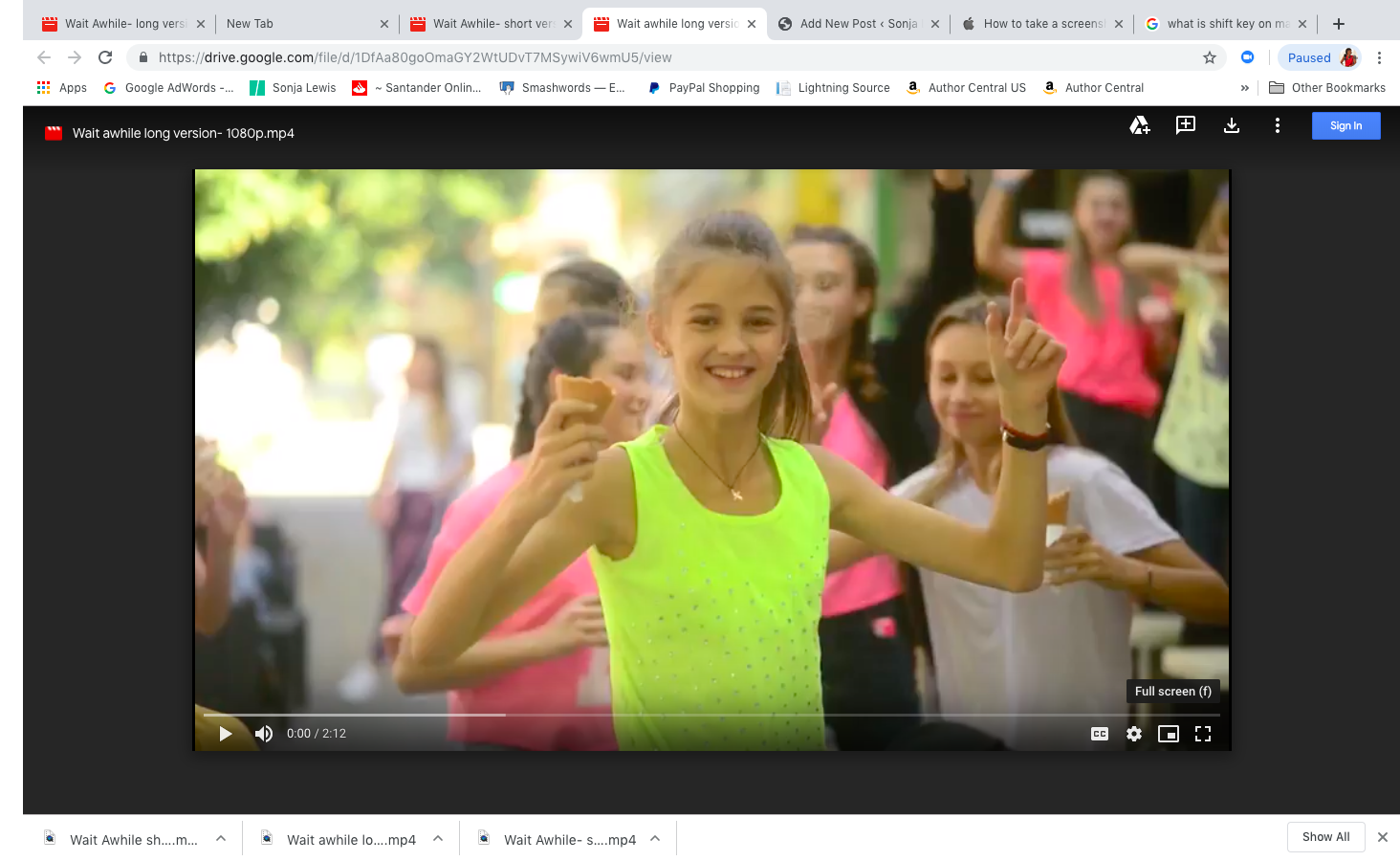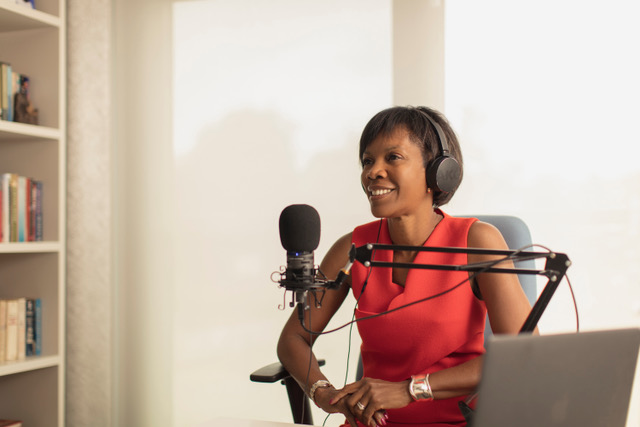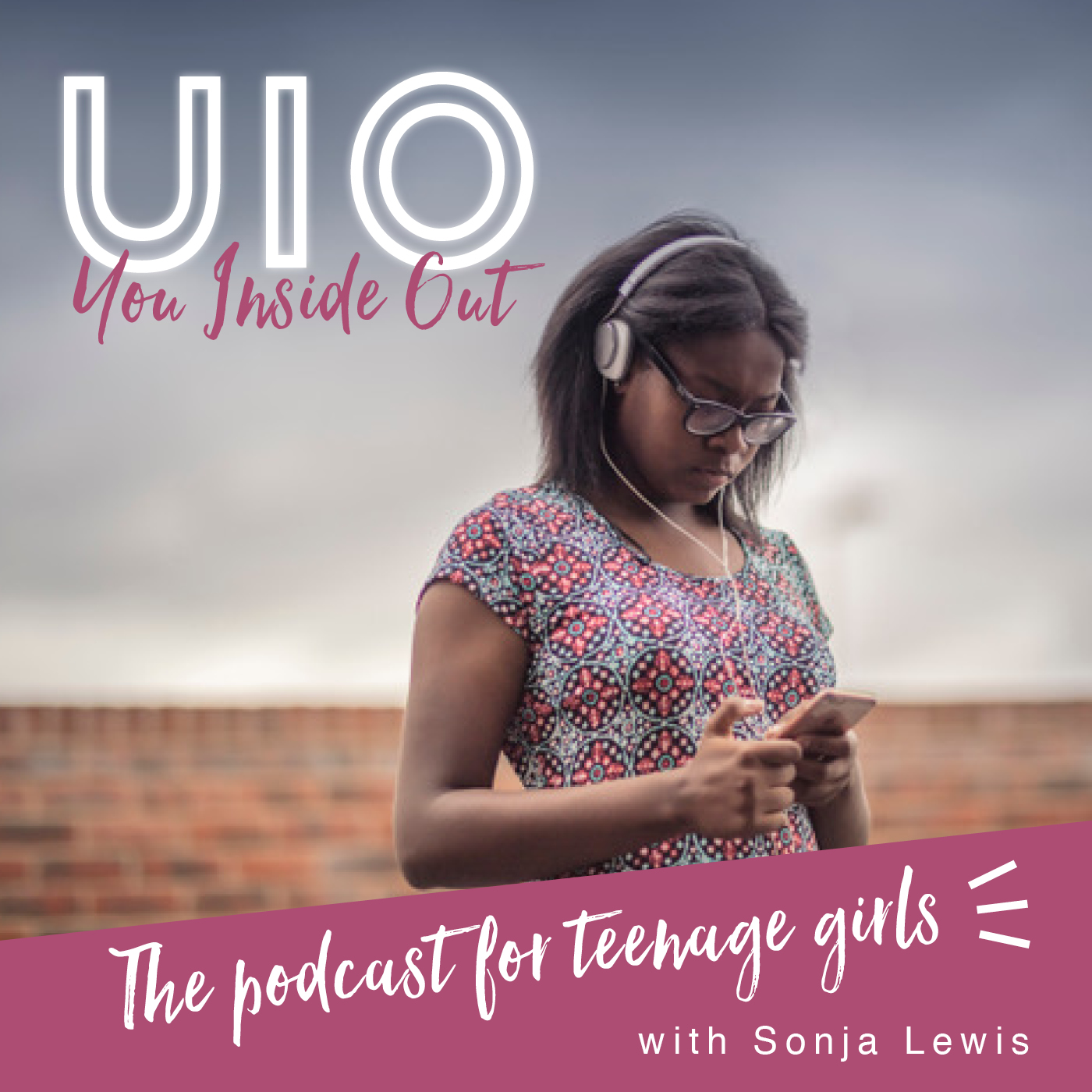Out With Caution And In With Compassion and Care
In a catch-up, warm-hearted conversation with two longstanding friends yesterday, my cup ran over with excitement as I told them about the launch of our Wait Awhile video, released yesterday. The video has already, at least for me, infused new life into the initiative, which was only born in February. So eager to nurture that life, I was poised for an insightful conversation.
And when the questions rolled in: what is it really about, why are you doing this, etc… I rose to the occasion with ease, focusing on the concerns about the narrowing gap between being a girl and being a woman and what UIO podcast is doing to support girls in reclaiming their teenage space.
And then I made an invalid point that has niggled me throughout the night, and has somehow found its way into this blog, offering an opportunity to not only set the record straight, but also to put my own mind at rest on the matter.
Anyhow, the comment went something like this: you have to be cautious about these things, how you make your points nowadays. One of my friends hopped right on it and told me rightfully so that my caution didn’t make sense when it comes to our Wait Awhile initiative. Why can’t you just make it clear that whatever it is you are talking about, whether that’s sex or cosmetic procedures, that it is premature. Mine, of course, is a paraphrase but makes the point.
How refreshing, I thought, and though not defensively but rather quickly pointed out that if I was doing an interview or writing a blog, I would and do cut right to the chase. But when dealing with a marketing tool, one has to open the door so to speak.
In my mind’s eye. I wondered why I had said that when UIO podcast is built on straight talk, coming straight from the straight talk queen of the year. Me. Me. Just ask my youngest niece, she’ll confirm.
Though it can be painful sometimes, I do work hard to tell it like it is, particularly if it is a serious matter where the health of teenage girls is at risk. And I have quickly learned that there is a difference between sugar coating and handling with care. I tend to think that UIO podcast, inclusive of Wait Awhile, handles these challenging issues with care.
Our new video is a perfect example of laying out the concerns and facts and looking at why Wait Awhile exists in the first place. It is not as much about caution as it is care.
In the meantime, my other friend followed up with the question of how do you engage young people on such tough subjects without turning them off? For example, if having cosmetic procedures has become a norm, why would girls decide to wait awhile.
That’s when our podcast for teen girl’s slew of wonderful guests popped into my head. Often with honesty and openness and based on their own experiences and expertise, our guests are able to shed great light on dark topics and of course, there is our recent research study that states the facts, as well as many other research studies that are concerned with both the physical and mental health of teenagers, girls and boys alike.
Reflecting on my time with my two dear friends, I was reminded that our video, like our podcast, is a communications vehicle that raises concerns and cautions for us all in our ever changing world, and offers platforms for insight and debate on the topics, but the key has been and always will be addressing the points as openly and honestly as possible and remembering it is not so much about being cautious about what we say but saying the truth with deep compassion and care. See the video on our website or via YouTube here .





